
PHI:60 Impact Report
Tomorrow’s Public Health. Today.
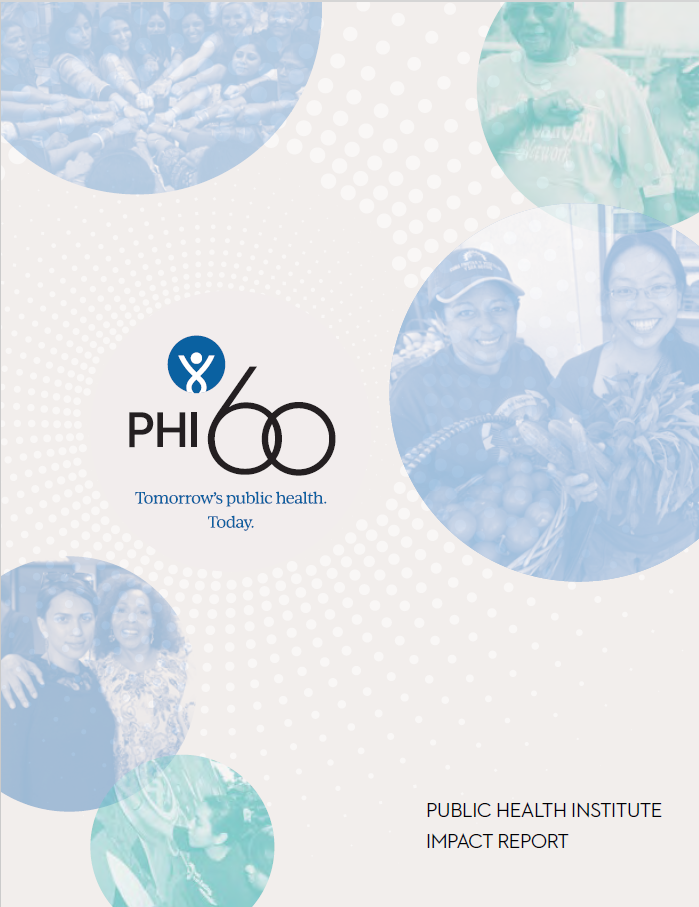 Dear colleagues, community and partners,
Dear colleagues, community and partners,
It is an honor to join the Public Health Institute as its President and CEO on the cusp of our 60th anniversary. For the past six decades PHI has grown and thrived as an organization and strengthened health and racial equity and wellbeing for individuals and communities, with a focus on those most underserved and systemically excluded. Our work in California, in states across the country, at the federal level, and around the globe, has changed the lives of tens of millions of people for the better.
The theme of our 60th celebration is Tomorrow’s Public Health. Today. This year our annual report focuses on some of the capacities we think are necessary for the coming opportunities and challenges in public health: centering community voices, generating evidence and moving it into action, and launching and scaling what works to address existing and emerging health issues. At the center of it all, I believe, is collaboration and partnership.
Our report serves as a call to action: an urge to prepare now for the critical public health issues that must be addressed. It serves as a compass: to steer us toward the necessary skills and expertise we need to address them, and to the places where we can learn, where we can dig in, and where we should evolve and take things to the next level. And, it serves as an invitation: for PHI to deepen current partnerships and establish new ones, and for all of us to work and grow together to face the coming challenges.
As I look through this collection of PHI’s impacts—not just over 2023, but over the past 60 years—I am most struck by the enormous number of connections, partners, and collective actions that it took to achieve them. PHI started sixty years ago as a partnership with governmental public health, and collaboration is at the heart of who we are. These successes don’t belong to any of us: they belong to all of us. And it is this kind of collective, concerted and intentional partnership that will move us forward into tomorrow’s public health.

I’m looking forward to the next chapter.
In community,
Melissa Stafford Jones
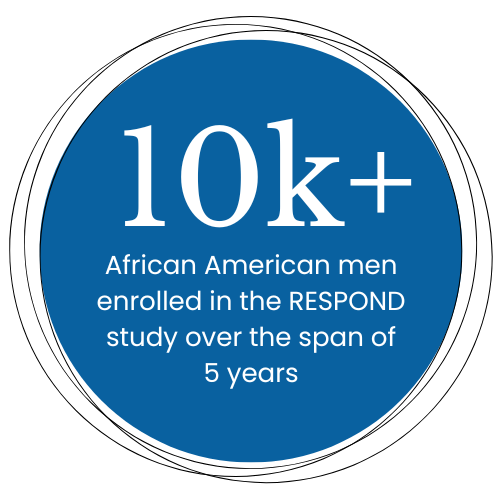
Generating Research & Ideas for Change
PHI’s experts work closely with partners and communities to advance research that uncovers the root causes of disease and disparities, evaluates impact, and finds new solutions for treatment and prevention. Experts from across the organization collaborate with partners and decision makers to translate sound research and evidence into policies that can better the health of millions.
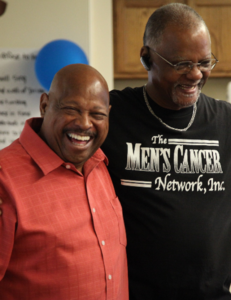 • Prescribing Healthy Foods to Impact Diabetes — Center for Wellness and Nutrition
• Prescribing Healthy Foods to Impact Diabetes — Center for Wellness and Nutrition
• Uncovering Root Causes of Cancer — Child Health and Development Studies
• Looking Back: Fostering Generations of Health through One-of-a-Kind Multi-Generational Research — Child Health and Development Studies
• Partnering with African American Men to Tackle Prostate Cancer — Cancer Registry of Greater California
• Researching Tobacco-Free Policies at Community Colleges — Alcohol Research Group
• Looking Back: Changing our Understanding of the Impacts of Substance Use — Alcohol Research Group
• Respiratory Symptoms Found in School Children Who Live Near Salton Sea — Tracking California
• Looking Back: 18 years of Connecting Environmental Threats to Health — Tracking California
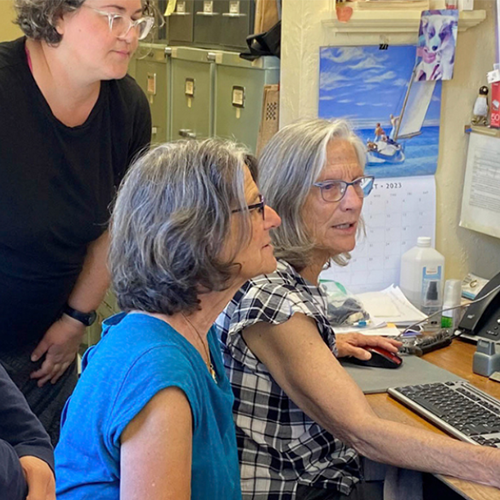
[The Cancer Grand Challenges] creates a chance for the riskiest, and most creative, collaborative and international team science. It’s essential to address the reasons for increasing risk of cancer in young adults and for finding clues to prevent the pain and losses to young people and their families.Barbara Cohn, PhD, MPH, AB
Director, PHI’s Child Health and Development Studies
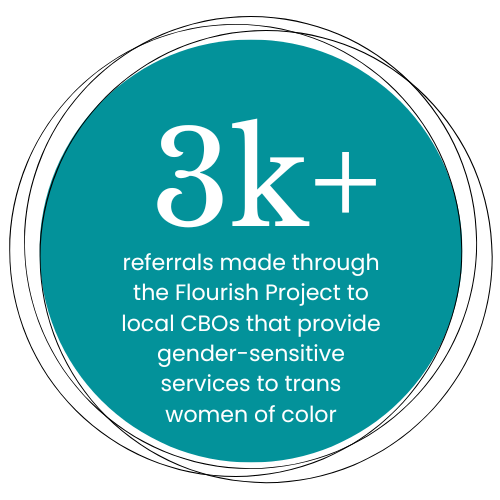
Centering Community Voices & Expertise
Community members carry essential knowledge and expertise about their communities and the challenges they face, as well as the solutions needed to achieve meaningful, lasting change. Community engagement isn’t an end point, but an ongoing, iterative process that involves sharing power, listening, integrating lessons learned and evolving in our work. PHI works closely with communities to address systemic inequities, and support their voices being centered and formative in research, policy and interventions.
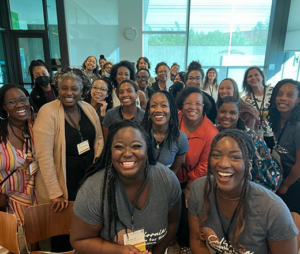 • Accelerating Birth Justice for Black Families — Cherished Futures for Black Moms & Babies
• Accelerating Birth Justice for Black Families — Cherished Futures for Black Moms & Babies
• Asian Youth Advocating for Access to Mental Health Resources — Lotus Project
• Improving Life with a Serious Illness — AC Care Alliance
• Trans Women Advancing Equitable Health Outcomes — Flourish Project
• Kenyan Women Shining a Spotlight on Reproductive Health Solutions — CAMI Health
• Rise Up Leaders Advancing Global Gender Equity in Health, Education & Economic Opportunity — Rise Up
• Looking Back: Amplifying Women & Girls Leadership Around the World — Rise Up
• Farmworkers Documenting the Health Impacts of Climate Change — Achieving Resilient Communities
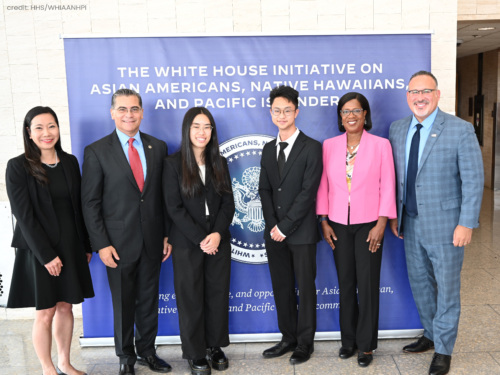
I hope for the adults, service providers, leaders, and changemakers in the [2023 White House Summit on Asian American, Native Hawaiian, and Pacific Islander Mental Health] and across the country to please listen to youth voices and collaborate with us to implement change to improve the mental health outcomes of Asian youth.Jessica Louie
Youth Advocate Intern with PHI’s Lotus Project at the 2023 White House Summit on Asian American, Native Hawaiian, and Pacific Islander Mental Health
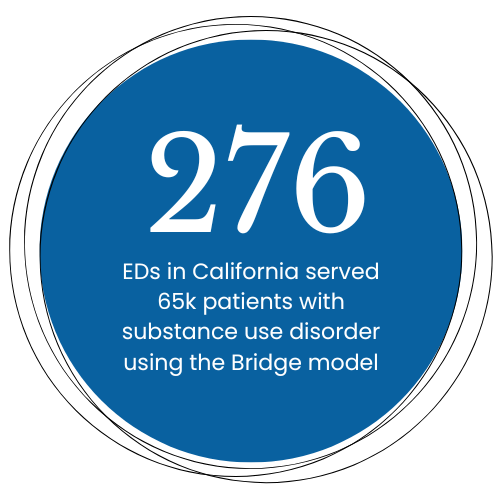
Launching & Scaling What Works
Thanks to support from funders and partners, trusted relationships with communities, and a strong operational infrastructure, PHI is able to quickly and efficiently get resources where they are needed most. This means we can rapidly hire staff and launch new initiatives. It also allows us to scale and expand existing work over time—by bringing successful models to new geographical areas, for example, or building on established community relationships to address a priority, urgent or emerging public health concern.
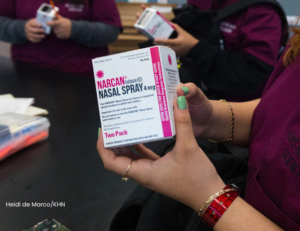 • Giving Young People Training & Tools to Prevent & Treat Overdoses — FACES for the Future
• Giving Young People Training & Tools to Prevent & Treat Overdoses — FACES for the Future
• Looking Back: Changing the Face of Healthcare & Public Health — FACES for the Future
• Ensuring Access to Sexual and Reproductive Health Care — Access Bridge
• Looking Back: Accessing Emergency Contraception — Pharmacy Access Partnership
• Expanding a Lifesaving Addiction Treatment Model — Bridge
• Addressing the Health of Refugee Children and Families — Sehat Initiative
• Reducing the Impacts of Indoor Heat & Smoke — Science for Toxic Exposure Prevention

It was on a FACES rotation at Highland Hospital—on the labor and delivery floor—that I solidified my goal of becoming an OBGYN… Participating in FACES allowed me to experience multiple ‘once in a lifetime’ opportunities that a young brown girl from Oakland could have never imagined possible, such as witnessing childbirths, pediatric surgeries and numerous patient-provider interactions. On top of having the unique privilege of stepping foot in clinical settings alongside medical professionals who sought to inspire me, most important is that I’ve been provided with lifelong mentors through the FACES staff and founders who genuinely care for me and believe in my journey.Lupita Medrano
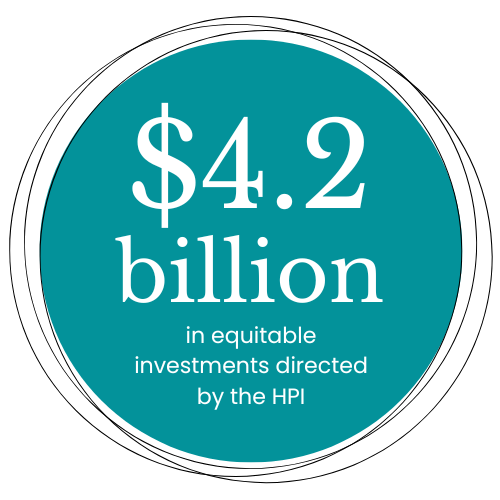
Connecting & Partnering across Public Health
We all have a role to play in public health, and intentional collaboration allows every partner to bring their unique capacities and expertise. PHI’s nimble, responsive infrastructure and deep connections extend the reach of our partners. We work across communities, government, philanthropy, and other sectors like healthcare and community development, which gives us the capacity to connect on-the-ground work in communities all the way across to high-level policy change. PHI also provides technical assistance, creates opportunities for shared learning, creativity and collaboration, and connects partners to information, tools and resources to strengthen their work in advancing health and racial equity.
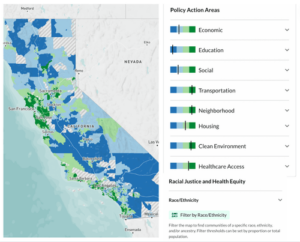 • Overdose Prevention Networks Play Unique Role in Addressing Opioid Crisis — California Overdose Prevention Network
• Overdose Prevention Networks Play Unique Role in Addressing Opioid Crisis — California Overdose Prevention Network
• Informing Healthier Communities with Actionable Data Mapping— Public Health Alliance of Southern California
• Partnering Across Sectors to Reduce the Burdens of Asthma — Regional Asthma Management and Prevention program
• Diversifying the Global Health Workforce & Increasing Organizational Capacity — Generation Next
• Looking Back: 52 Years Building Global Health Leadership —International Health Programs
• Illuminating Media Coverage of Health & Racial Equity — Berkeley Media Studies Group
• Looking Back: Shaping the Power of Media for Equity — Berkeley Media Studies Group
• Advancing Racial Equity in the State of California — State of Equity
• Looking Back: Embedding Health into All Policies — Health in All Policies
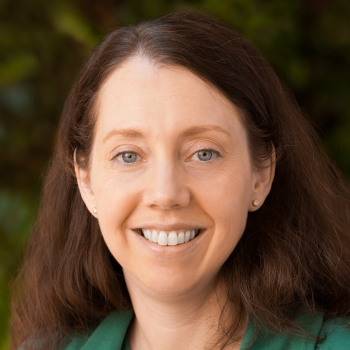
The California Cancer Registry leaves no one out — whatever their age, race/ethnicity, gender, income, education or other characteristics, every patient’s cancer journey is recorded. They have been described as ‘the eyes with which we see the cancer problem.’ Without it, we would be blind to how a major cause of illness and death has affected the people of California and the nation across the past 50 years.Allison Kurian, M.D.
Work With Us
You change the world. We do the rest. Explore fiscal sponsorship at PHI.
Support Us
Together, we can accelerate our response to public health’s most critical issues.
Find Employment
Begin your career at the Public Health Institute.
